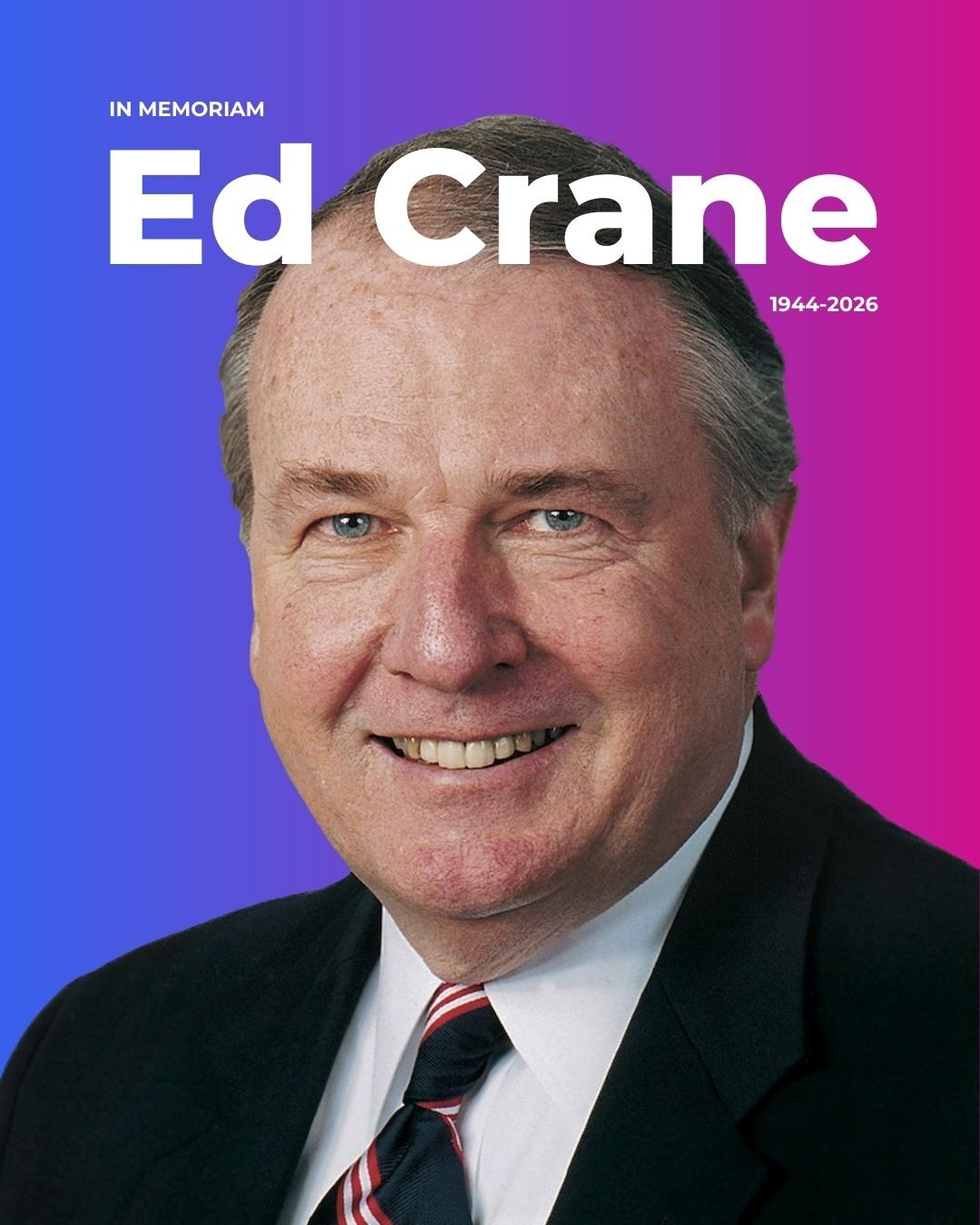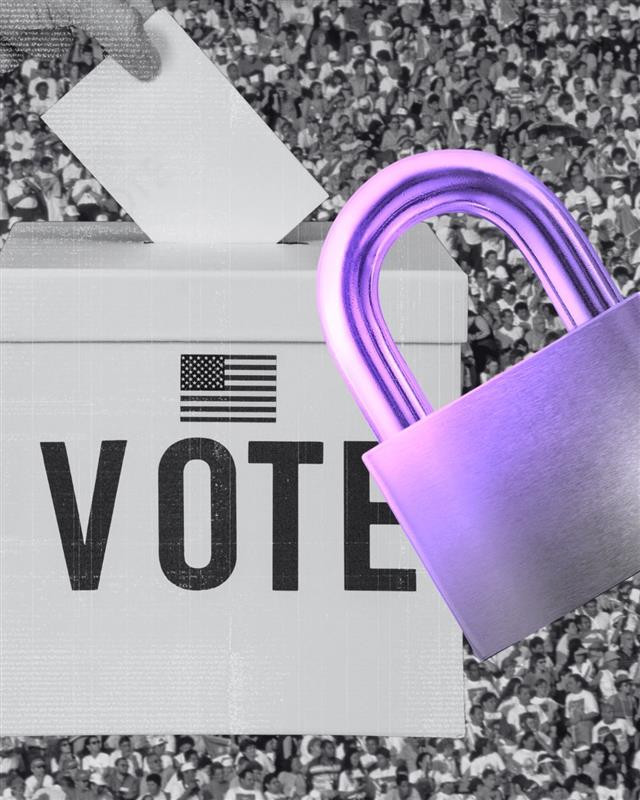Economic concerns are plaguing Americans, leading many to reimagine and redefine the American Dream.
The American Dream—once a beacon of hope promising that hard work leads to prosperity—is being redefined by a growing number of Americans, especially independent voters. A recent Wall Street Journal–NORC poll reveals a sobering truth: only 25% of Americans believe they have a good chance of improving their standard of living, the lowest level since the survey began in 1987.
At the Independent Center, we ask: What do independents believe? Increasingly, they believe that neither major party is addressing their core concerns—especially around the economy and affordability. That’s why independents are more likely to engage in split-ticket voting. They’re not loyal to parties; they’re loyal to solutions.
Affordability: A Crisis for the Middle Class
The poll shows that nearly 70% of Americans believe the American Dream no longer holds true. This isn’t just a partisan issue—it cuts across gender, age, education, and income. Whether you're a college graduate or a working parent, the cost of living is outpacing wages, and the dream of homeownership is slipping away.
“How we address that is the biggest thing in fixing that American dream,” said Jerry Esch, a former Microsoft employee now job-hunting in Colorado.
Independent voters are feeling this squeeze acutely. Many are financially stable on paper but still can’t afford to buy a home or expand their families. Even those earning six-figure incomes are pausing home searches due to skyrocketing mortgage rates and housing prices.
The Independent Perspective: Realism, Not Resignation
At the Independent Center, we’ve long argued that independent voters are the bellwether of American sentiment. They are pragmatic. They believe in hard work, but they also believe in fairness and opportunity. When those values are undermined by economic instability, independents take notice—and they vote accordingly.
“There’s limits to what hard work can actually bring people these days,” said Bill Sanchez, an Army veteran and criminal defense attorney.
This isn’t pessimism—it’s realism. And it’s driving a new kind of optimism: one that demands accountability, innovation, and policies that reflect the lived experiences of everyday Americans.
Redefining the American Dream
The traditional American Dream—owning a home, raising a family, retiring comfortably—is being modernized by independents. Today’s dream is about economic security, flexibility, and dignity. It’s about being able to afford rent, save for emergencies, and invest in your children’s future.
“You can be comfortable but not where you want to be,” said Christopher Kishel, who paused his home search despite a household income of $350,000.
This disconnect between economic metrics and lived experience is why independents are skeptical of political spin. They don’t care which party claims the economy is “booming” if they can’t afford groceries or childcare.
What Do Independents Believe?
They believe in solutions over slogans. They believe that affordability is not a partisan issue—it’s an American issue. And they believe that the American Dream must evolve to meet the realities of the 21st century.
At the Independent Center, we’re committed to amplifying these voices. We believe that independent voters are the future of American democracy, and their concerns must be at the center of any serious policy conversation.

.jpg)


.jpeg)
